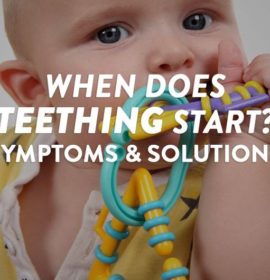
Oral Health Plan for Better Care
child and dental care . clear aligners . Daily life dentisitry . Dental Caries . Dental tips . Dentistry . Denture and its Routines . Mouth
Good oral health involves more than just brushing. To keep your teeth and mouth healthy for a lifetime of use, Here’s what you should consider:
Understand your own oral health needs.
Talk with Dr.Thomas Nechupadam about any special conditions in your mouth or ways in which your medical/health conditions affect your teeth or oral health. For example, cancer treatments, pregnancy, heart diseases, diabetes, dental appliances like dentures, braces can all impact your oral health and may necessitate a change in the care of your mouth and teeth.
Develop & follow a daily oral health routine.
Based on discussions with your oral health care provider about health conditions you may have, develop an oral health routine that is easy to follow on a daily basis. people with special conditions, including pregnancy and diabetes, may require additional instruction and perhaps treatments to keep their mouth healthy. Make sure you understand the additional care and/or treatment that is needed, commit to the extra tasks, and work them into your daily health routine.
Use of fluoride.
Children and adults benefit from fluoride use. Fluoride strengthens developing teeth in children and prevents tooth decay in both children and adults. Toothpastes and mouth rinses contain fluoride.
Brush, floss, and rinse daily.
Brush your teeth at least twice a day (morning and before bed time) and floss at least once a day. Better still, brush after every meal and snack. These activities remove plaque, which if not removed, combines with sugars to form acids that lead to tooth decay. Bacterial plaque also causes gum disease and other periodontal diseases. Antibacterial mouth rinses also reduce bacteria that cause plaque and gum disease, and fluoride mouth rinse can help prevent tooth decay.




